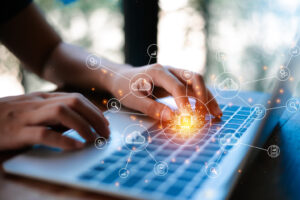On March 30th, iFood held, at its headquarters, the awards ceremony for winners of the iFood Research Award on Digital Platforms, aimed at undergraduates and recent graduates in the areas of Economics and Law.
The objective of this award is to stimulate academic research and contribute to debates on the gig economy and work on platforms in Brazil.
At the event, the six students selected in the two categories – Economics and Law & Technology – presented a summary of their work in the presence of the evaluation panels that chose them as the best.
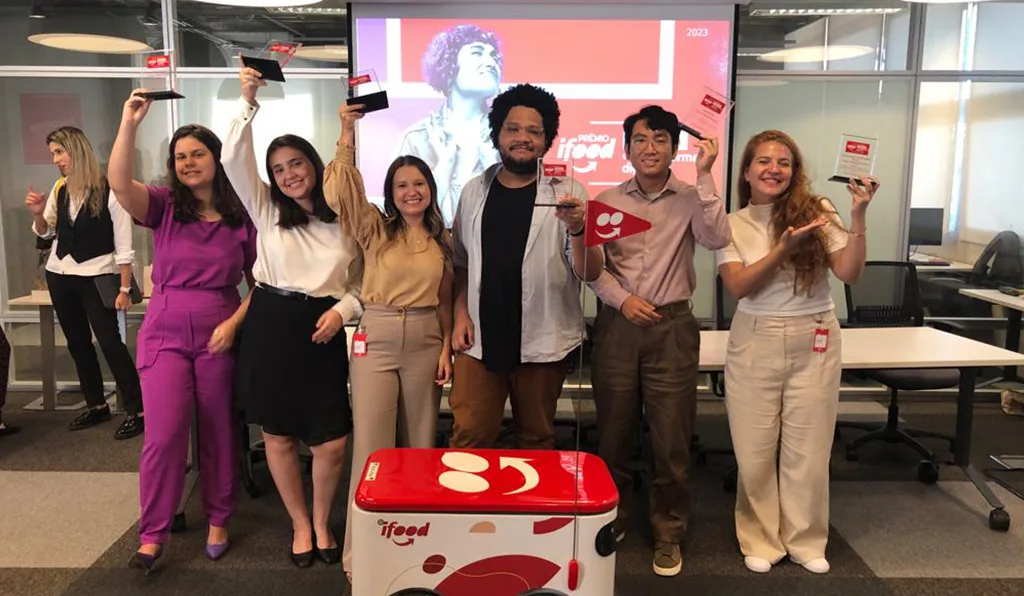
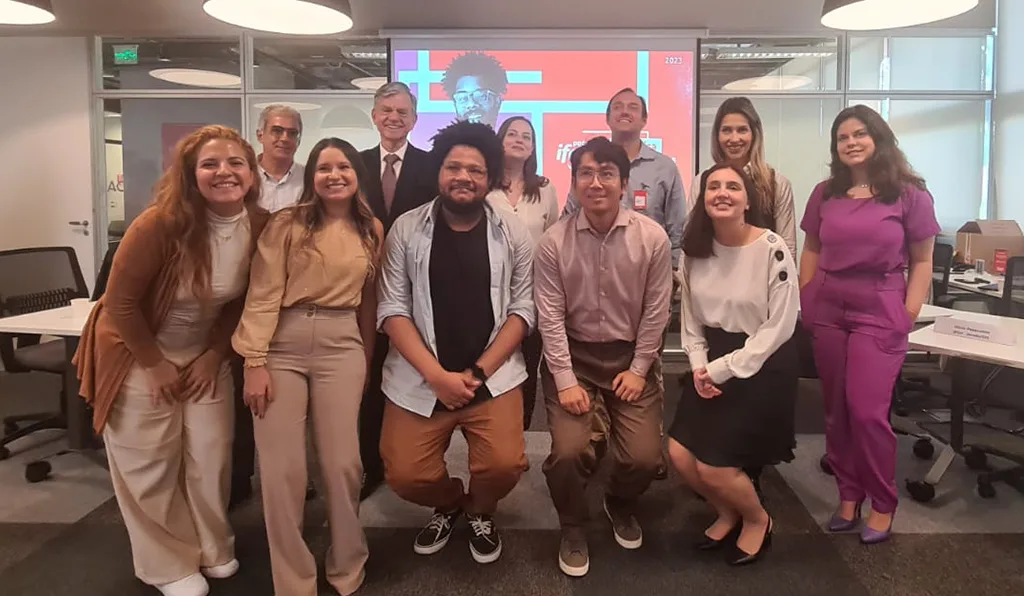
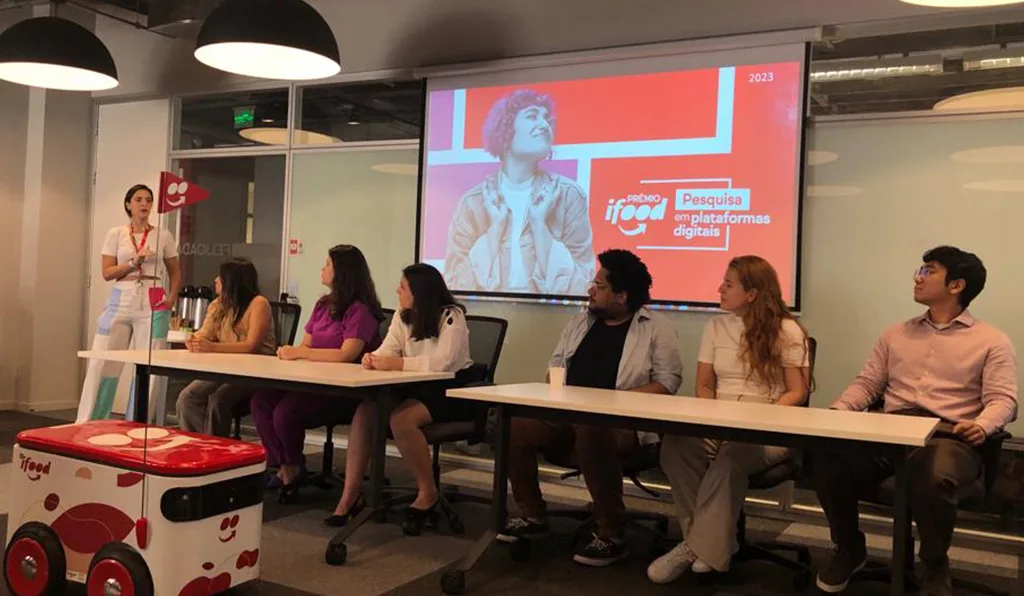
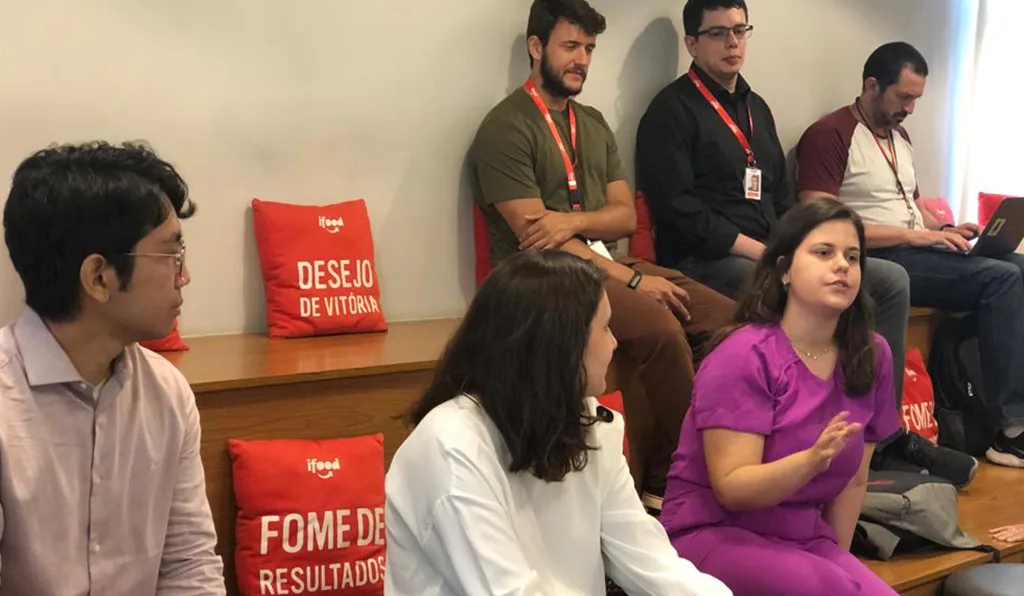
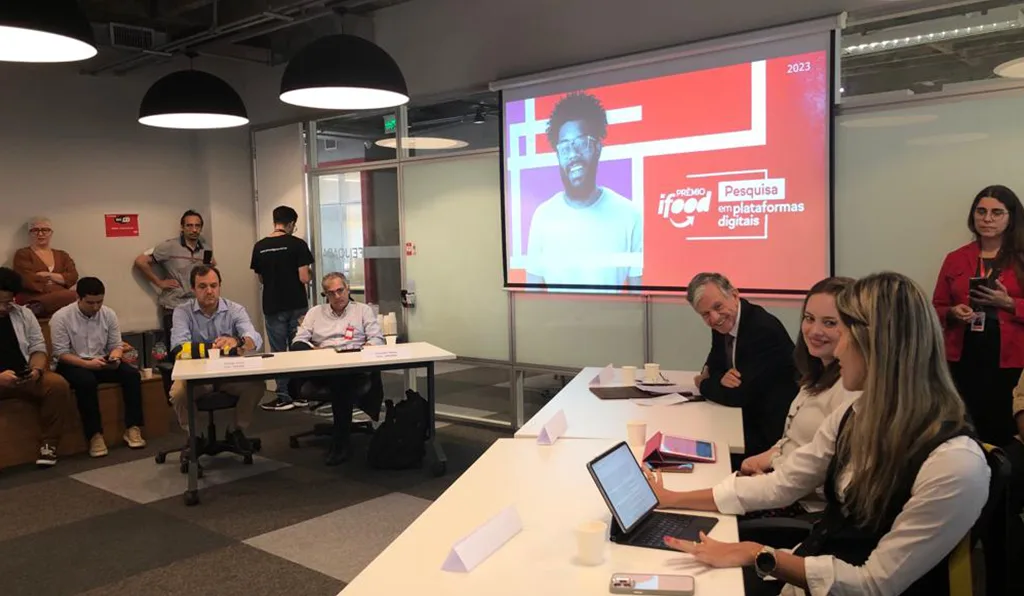
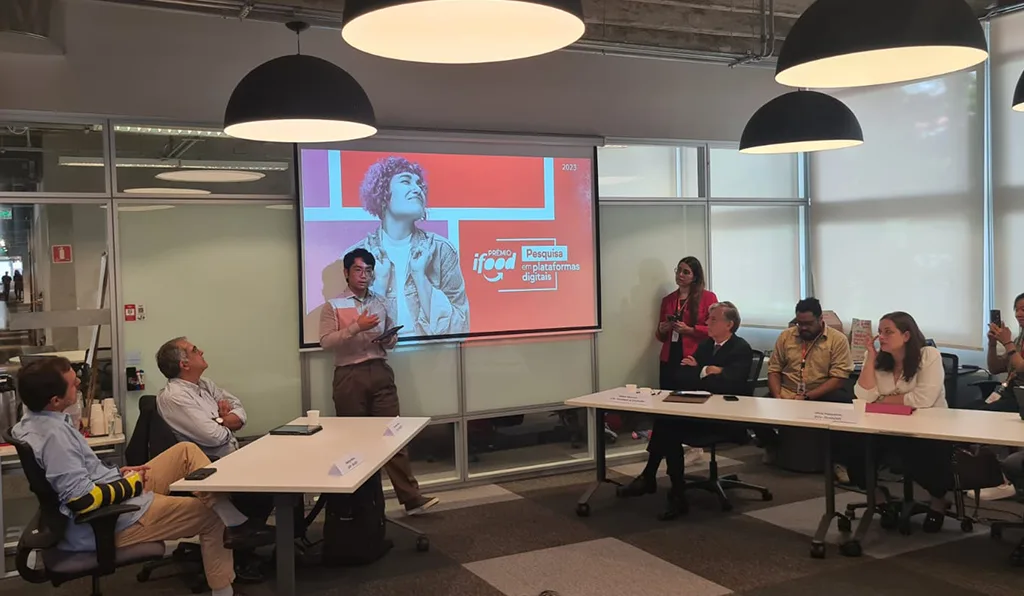
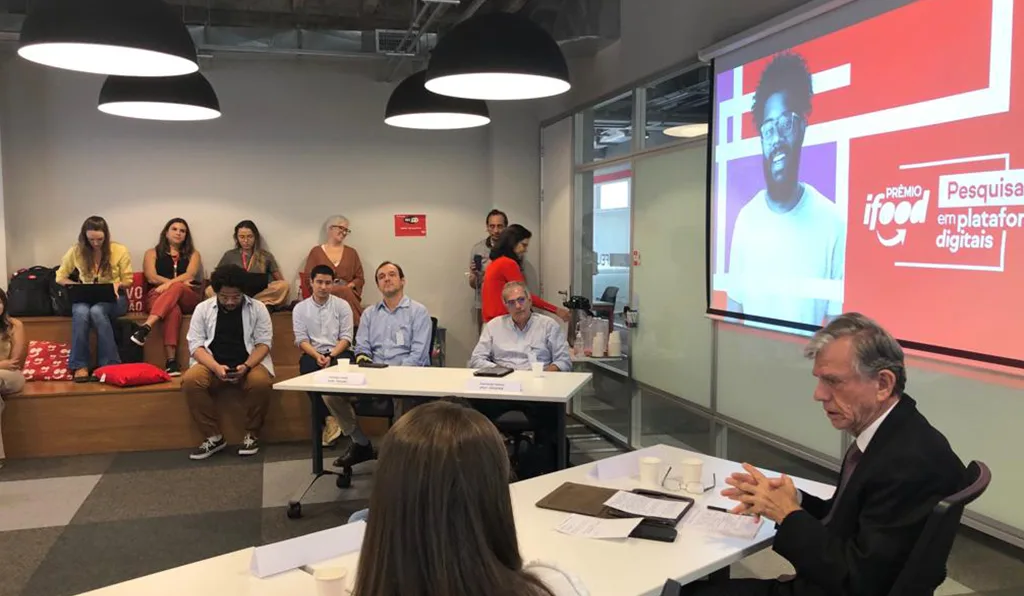
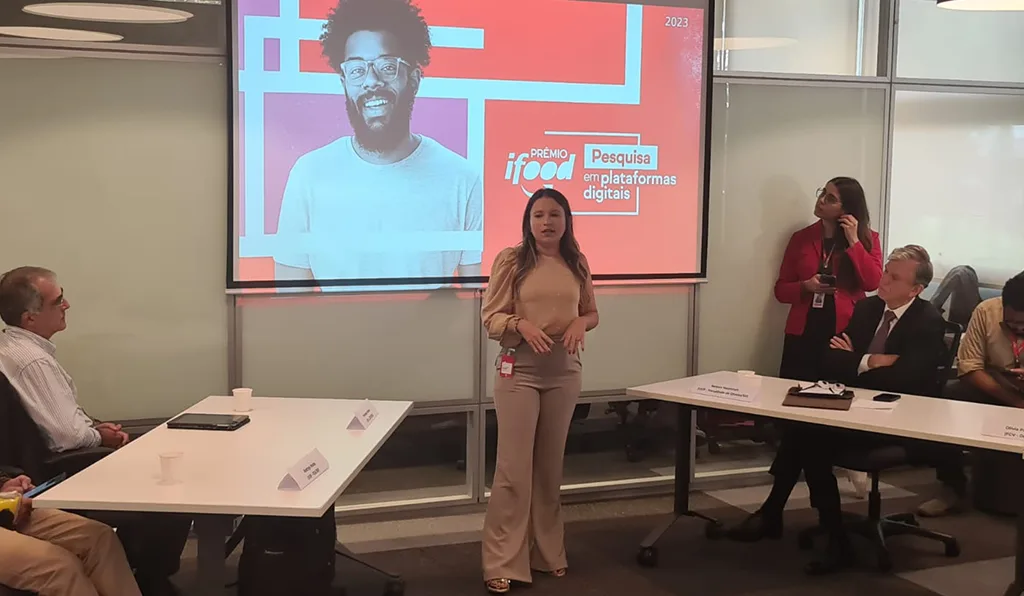
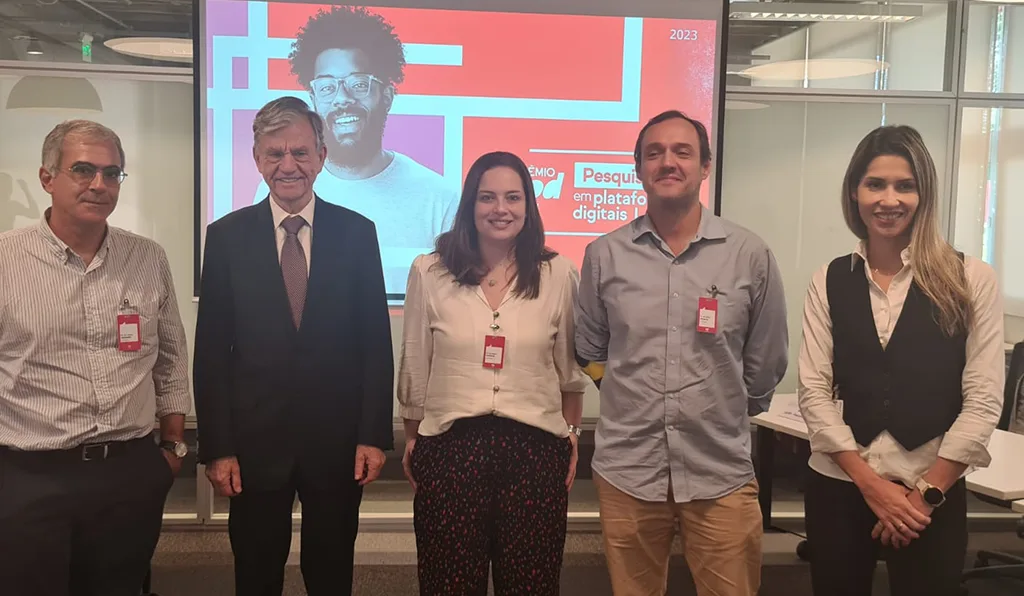
The definition of the two areas for the submitted works followed the criteria of addressing some of iFood's challenges, such as the regulation mark and analyzing the impact of its Business model in the economy.
“The awards ceremony was a very special moment. Our objective with the award was to stimulate the production of knowledge and debate about the impacts of the New Economy, and it was the first opportunity to exchange with the winners, the bank's teachers and iFood executives”, comments Marina Merlo, specialist in Public Policies and one of the organizers of the Award.
Champion monograph in Economics evaluates restaurant competitiveness
Among the monographs in the Economy category, the champion was “Impact analysis of delivery apps in Brazil”, by Leonardo Ide, from Insper. “I was looking for a new topic about market competitiveness”, says Leonardo.
The idea came up precisely on a day when he was choosing where to order a burger via the iFood app.
“I noticed that prices converged towards the same value range, and the bidders were there, in the same environment, indicating that it was a market close to perfect competition.”
LEONARDO IDE, WINNER IN THE “ECONOMY” CATEGORY
He says that this concept, established in theory, is difficult to verify in practice. “So, I decided to delve deeper into the platform model, which I did with a focus on restaurants,” he says.
In his research, Leonardo identified possible positive effects of iFood’s performance in the market, in the case of the increase in the average salaries of employees in the establishments analyzed.
Winner in Law relates competition and LGPD
In the Law & Technology category, the winner was Sofia de Medeiros Vergara, from the University of Brasília (UnB), with TCC “Dialogue between data protection and antitrust law: an analysis of the Brazilian experience in controlling structures”.
Sofia's proposal was to analyze how institutions such as Cade (Administrative Council for Economic Defense) provide guidelines for competition between companies in the country, taking into account the LGPD (General Personal Data Protection Law).
“What remains, in addition to defining a regulatory structure, is to understand how jurisprudence is being applied today”, considers Sofia.
“There is no mapping of how the authorities position themselves on certain topics. From there, it becomes possible to create paths on how to proceed and establish competencies on the subjects.”
sofia de medeiros vergara, winner in the “law” category
Because the LGPD is very recent, Sofia finds that bodies and authorities like Cade often need to align conduct strategies that are not yet clear.
The runners-up
The TCC, which obtained second place in the Law category, embarked on a similar debate. The work “Data protection culture: competitive and societal effects in the zero-price market” was produced by Érica Antunes Fabiano Alves, from Universidade Federal Fluminense.
Érica says that her choice of topic came from dilemmas she faced in practice, when working in an office that worked with mergers and acquisitions between companies. “I found it very difficult to understand how data protection fit into this context”, he says.
In his analysis, many legal opinions on these issues still traverse “nebulous and gray” terrain. “How can we discuss competition without talking about personal data?” he asks. “Even because they are one of the companies’ main assets.”
The theme of the runner-up in the Economy category is also dedicated to issues related to competition between companies.
In “Multi-sided digital platforms from a competition perspective: a review of microeconomic foundations”, the idea of the author, Paulo Henrique de Oliveira, from Unifesp, was “to look at the microeconomic determinants of the platforms’ operating model”.
His conclusion was that different regulators and different public authorities understand how platforms should be regulated in different ways. “It is necessary to understand the central element and particular characteristics of this model to generate regulatory powers such as that of work on platforms”, he observes.
The third placed
In the case of third place in Economics, it was the fascination with digital markets that led Clara Mullin, from Unicamp, to the topic “The importance of intangible assets for the performance of big techs: an Apple case study”.
Clara started by analyzing the largest technology companies in the world – Microsoft, Alphabet (Google), Amazon and Meta (Facebook, Instagram, WhatsApp) – to understand how intangible assets influence the performance of these companies in the market and add value to their brands.
Software, licenses, trademarks and patents are examples of intangible assets. “They are the ones who make these companies as big as they are”, says the already trained economist.
Already at work “The 'app crash' movement from the perspective of the right to strike”, Daniele Francisca da Silva, from the Federal University of Ouro Preto, studied app delivery stoppages.
“Today these workers are not a regulated category”, says the student. “They make up a very heterogeneous group, they are not in just one box. Today, they are somewhat legally invisible and, in that sense, remain in limbo. I wanted to bring their right to strike into this discussion.”
In his view, platform workers are segregated by the CLT itself. “The Legislature needs to rethink their rights to bring these people within the state protection that they should have”, he summarizes.

